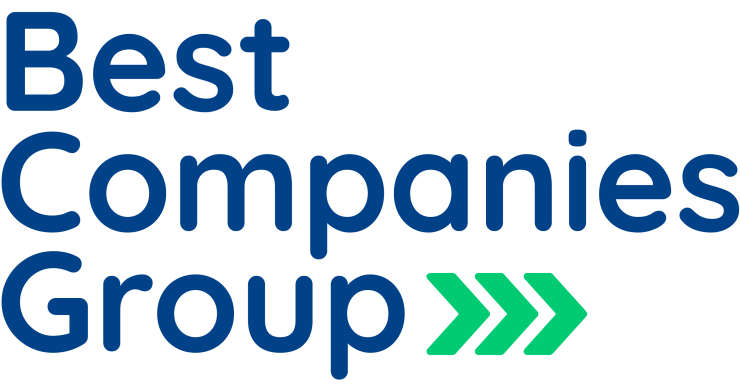Let’s start by agreeing on the circumstance: We are ready to take action to improve Employee Recognition in our company. Yes, we can also all agree that creating a culture where employees feel valued and appreciated at work is much easier said than done. If it was, we wouldn’t have only one in three workers in the U.S. say that they’ve received recognition or praise for doing good work in the past seven days1. But, don’t let that discourage you. Why? The reason why so many employee recognition programs fail isn’t because recognition is a wildly impossible thing to tackle, but because these programs just weren’t built to work in the first place.
Turns out, it’s not that complicated – every successful employee recognition approach always boils down to three things: sincerity, efficacy, and fairness.
The Essential Employee Recognition Checklist
1. Sincerity
You have to mean it. If it stems from the genuine idea of wanting to create a happy company, trust us, you’re already halfway there.
- Be Specific | One “good job” isn’t going to cut it. Recognition is most impactful when you’re as specific
and descriptive as you can be in your compliments. It shows your employees the extra efforts they put in have not gone unnoticed. - Make it Personal | Don’t make the grave mistake of assuming you know what everyone wants. You’ll be surprised it’s not always about money.
- Peer-to-peer Recognition | What makes recognition extra meaningful? When it comes from fellow coworkers who have witnessed firsthand the work you put in.
2. Efficacy
If you don’t make recognition in your company a well-grounded system that believes in and self supports itself, any recognition program you introduce will quickly fall flat.
- As Quick As Possible | Recognition should be given and received as soon as possible. Why? They are less genuine when they seem to be an afterthought.
- Active Participation | You have to empower your employees to lead the company in this movement by giving them the ability to recognize and encourage great performance.
3. Fairness
Do not leave anybody out. If you do, your entire plan will backfire swiftly as employees see the difference in treatment.
- Everyone’s Eligible | Unless the programs are department-specific (like Most Productive Sales Person), everyone in your company, regardless of desk or non-desk workers, or their seniority, should feel like it’s a fair game.
- Not a Competition | A smart recognition program avoids pitting employees against each other. Competition-based program could create a low-morale, anxiety-filled office where non-winners feel uncredited for the efforts they put in.
- Focus on process, not just outcomes | Your employees need to be assured that you appreciate their work while they’re working on it, and not only after achieving the results you wanted.
The Essential Employee Recognition Checklist
1. Sincerity
| x | Be Specific |
| x | Make it Personal |
| x | Peer-to-Peer Recognition |
2. Efficacy
| x | As Quickly As Possible |
| x | Active Participation |
3. Fairness
| x | Everyone’s Eligible |
| x | Not a Competition |
| x | Focus on Process, Not Just Outcomes |
Read a more in-depth guideline, with real-company examples, on the author’s corporate website.

